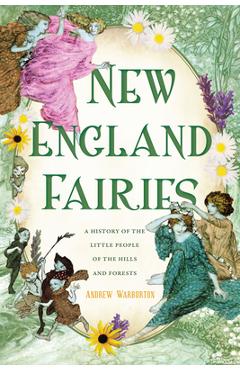The Forest People: Africa\'s Pygmy Tribes Along the Congo River - their Hunter-Gatherer Culture, Village Customs and Bond with Nature - Colin M. Turnbull

Detalii The Forest People: Africa\'s Pygmy
libris.ro
104.01 Lei
115.57 Lei
Social Science
Colin M. Turnbull
The Forest People: Africa\'s Pygmy - Disponibil la libris.ro
Pe YEO găsești The Forest People: Africa\'s Pygmy de la Colin M. Turnbull, în categoria Social Science.
Indiferent de nevoile tale, The Forest People: Africa\'s Pygmy Tribes Along the Congo River - their Hunter-Gatherer Culture, Village Customs and Bond with Nature - Colin M. Turnbull din categoria Social Science îți poate aduce un echilibru perfect între calitate și preț, cu avantaje practice și moderne.
Preț: 104.01 Lei
Caracteristicile produsului The Forest People: Africa\'s Pygmy
- Brand: Colin M. Turnbull
- Categoria: Social Science
- Magazin: libris.ro
- Ultima actualizare: 05-06-2025 16:21:01
Comandă The Forest People: Africa\'s Pygmy Online, Simplu și Rapid
Prin intermediul platformei YEO, poți comanda The Forest People: Africa\'s Pygmy de la libris.ro rapid și în siguranță. Bucură-te de o experiență de cumpărături online optimizată și descoperă cele mai bune oferte actualizate constant.
Descriere magazin:
In the 1950s, anthropologist Colin Turnbull lived among the pygmies of the Congo river for three years - this is his account of life among the tribespeople. Adventurous as a young man, at the time he moved to the Congo Turnbull already had several years\' experience of Africa and its rural cultures. Seeking to shed insight on the pygmy peoples for a wider audience, he sought a home in one of the villages and introduced himself to the locals. Quickly becoming popular in the locality for his courtesy and respectful manners, Turnbull kept a diary and took photographs of the locals, noting their customs and dynamics as a tribal community. The interplay between males and females of the tribe are detailed, with rivalries and conflicts between the younger pygmies. Marriage and the duties therein define the tribe, with complex customs existing between existing and prospective couples. As the tribes live as hunter gatherers, it is necessary for a number of men to be skilled in gathering meat, fruits and vegetables, together with honeycomb - a substance prized by the pygmies for its deliciousness. Turnbull does not bog down his narrative in academic jargon or complex nuance; rather we find an informal, at times even casual, account of life in a forest tribe. We receive a sense of the personalities and priorities accorded; this readability undoubtedly helps us better comprehend the pygmies\' lives.

Produse asemănătoare

Saving the People\'s Forest. Open spaces, enclosure and popular protest in mid-Victorian London, Paperback/Mark Gorman
![]() elefant.ro
elefant.ro
Actualizat in 28/10/2025
122.99 Lei

Urban Forests: A Natural History of Trees and People in the American Cityscape - Jill Jonnes
![]() libris.ro
libris.ro
Actualizat in 28/10/2025
142.85 Lei

New England Fairies: A History of the Little People of the Hills and Forests - Andrew Warburton
![]() libris.ro
libris.ro
Actualizat in 28/10/2025
139.45 Lei

The Journeys of Trees. A Story about Forests, People, and the Future, Paperback/Zach St. George
![]() elefant.ro
elefant.ro
Actualizat in 26/10/2025
93.99 Lei
